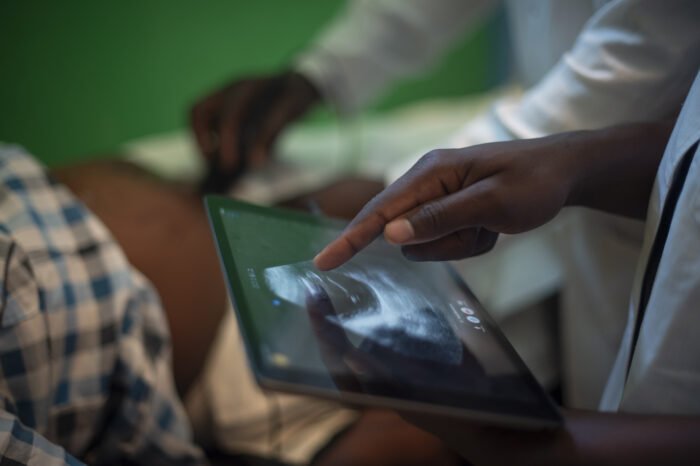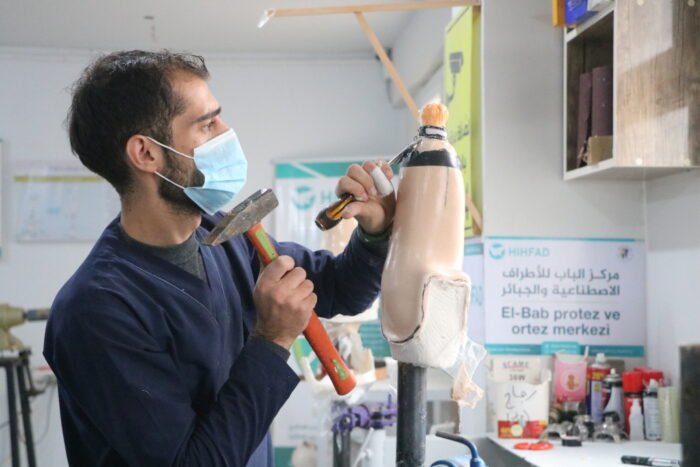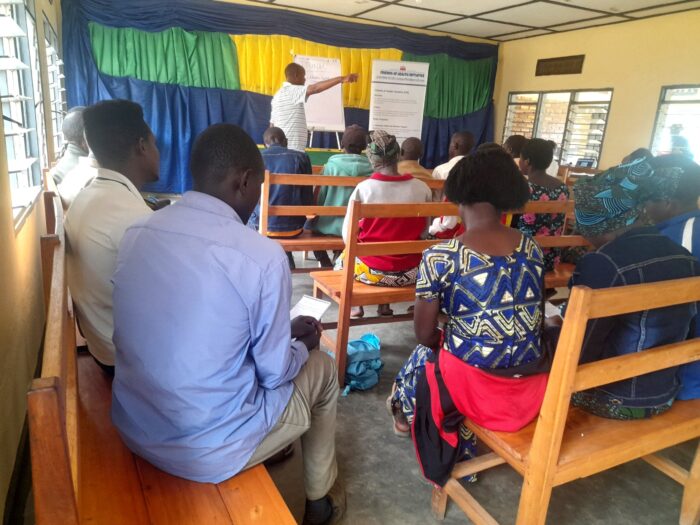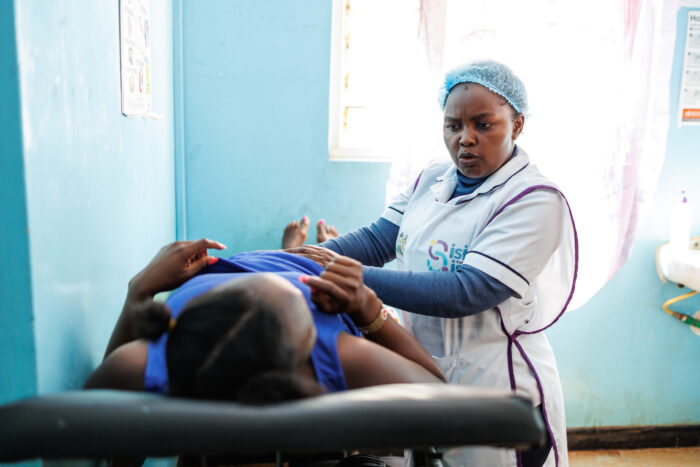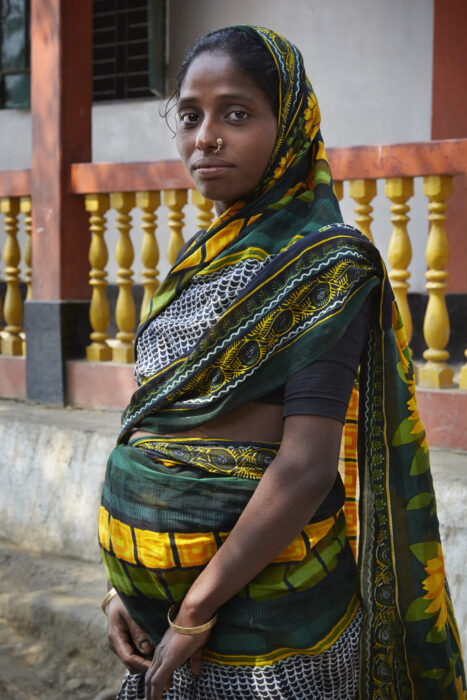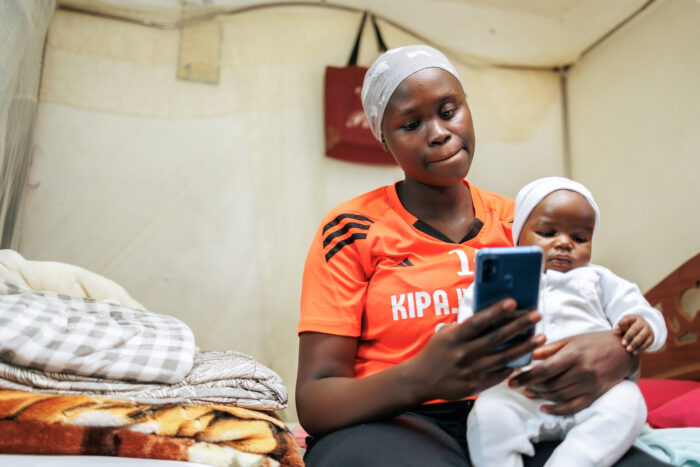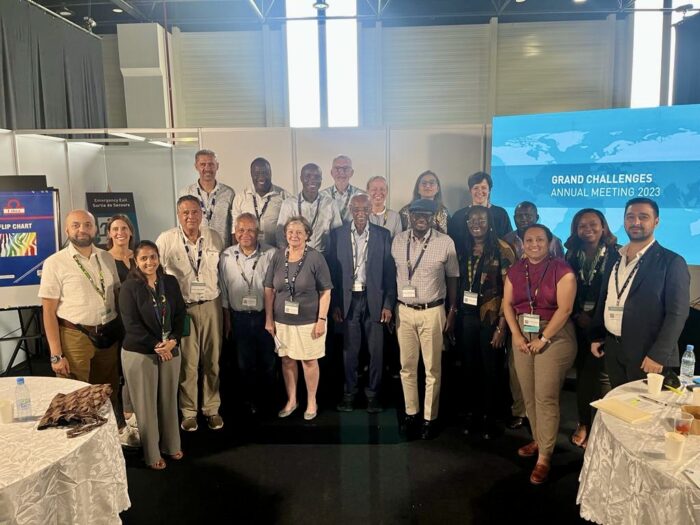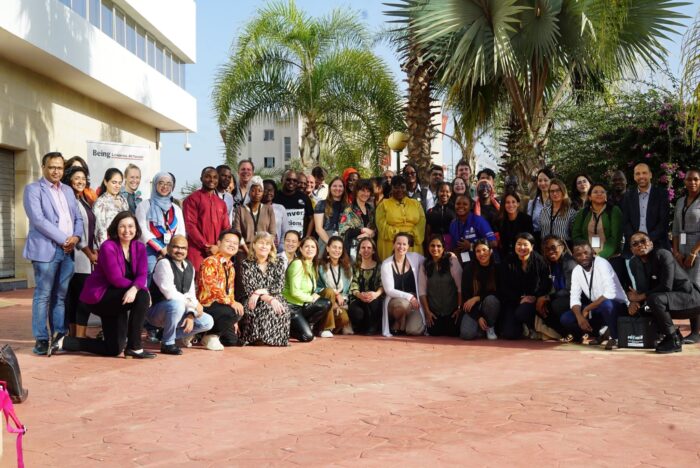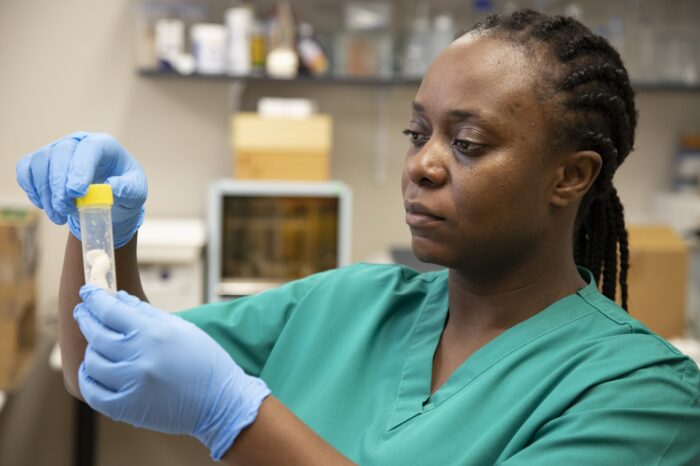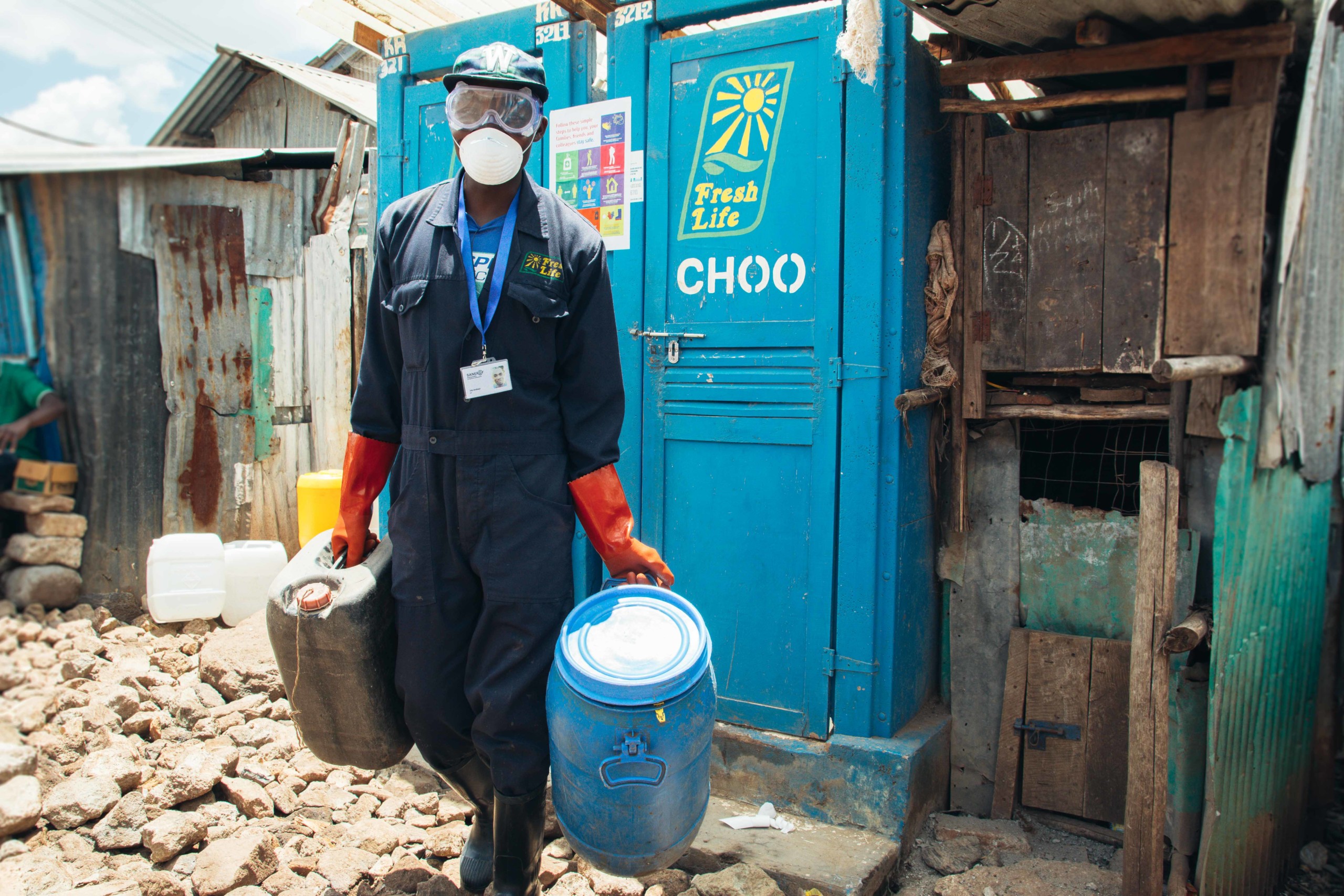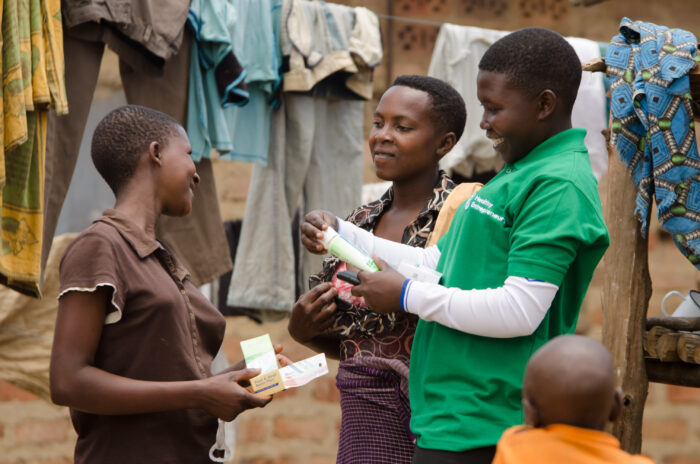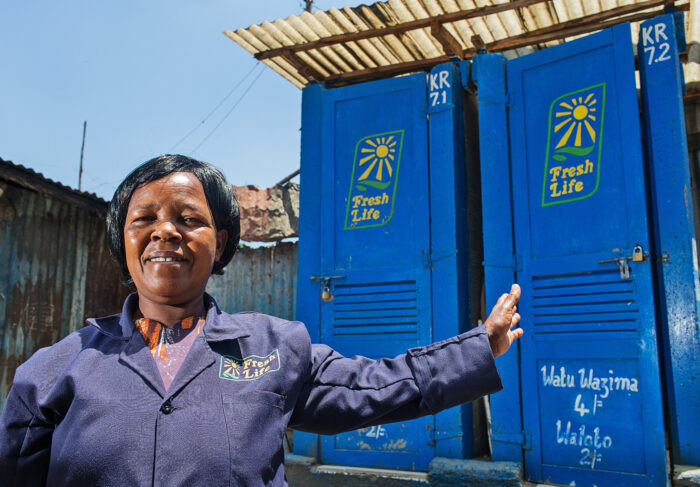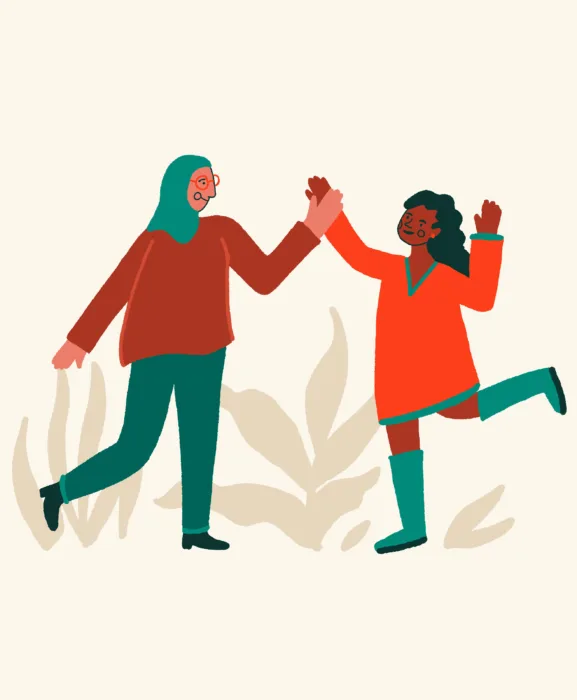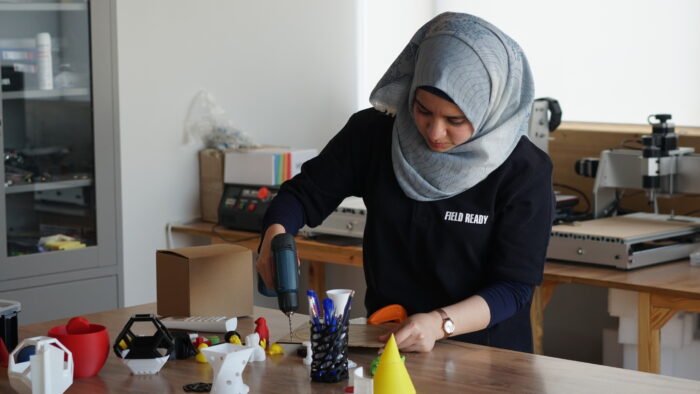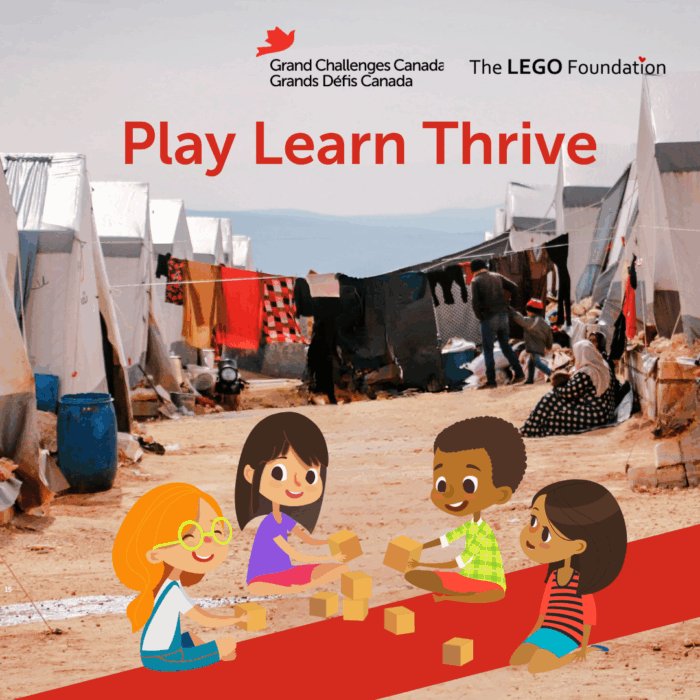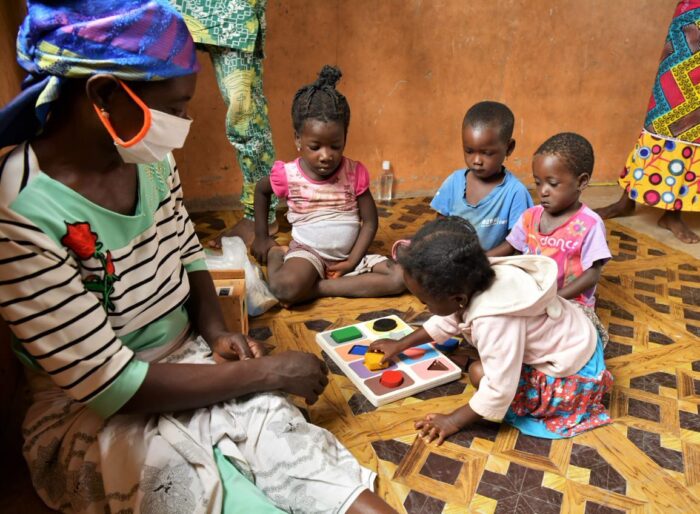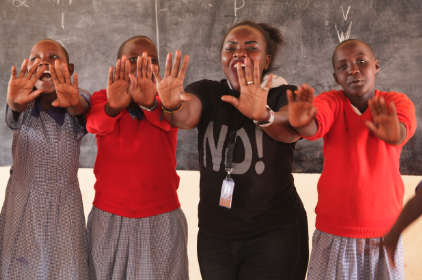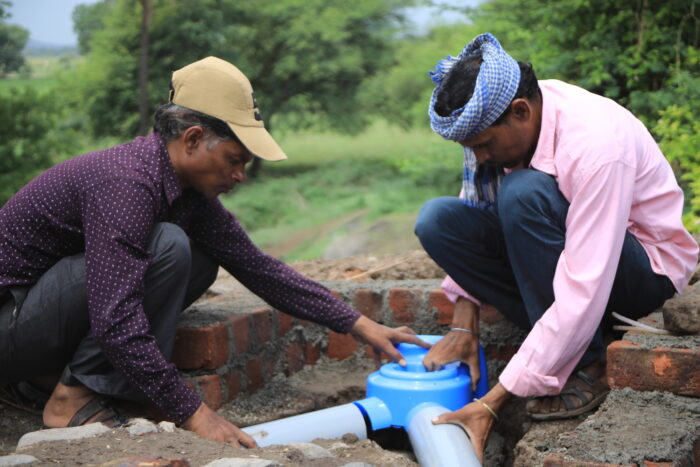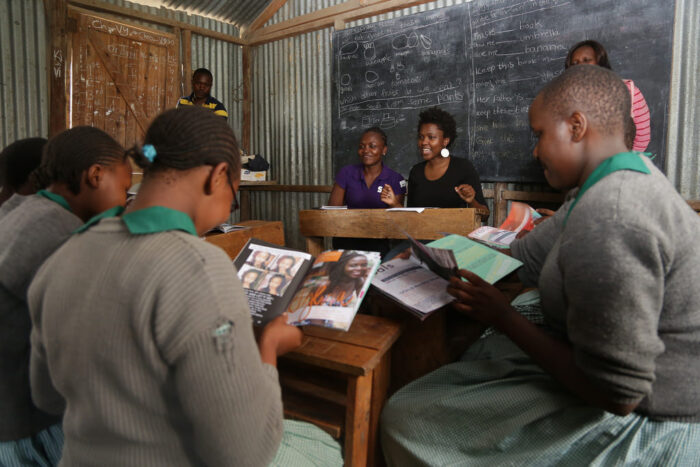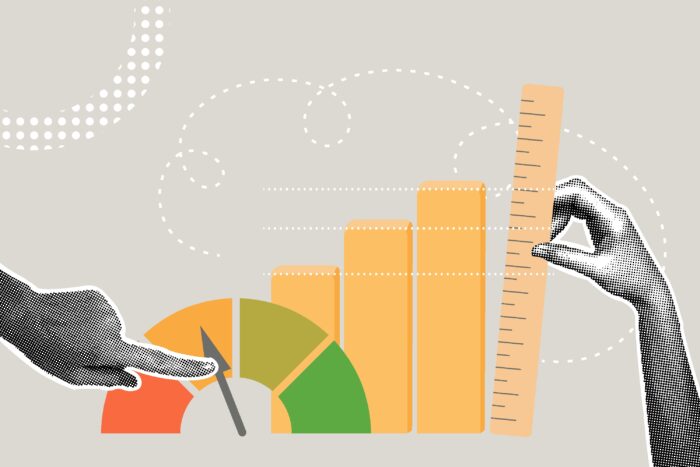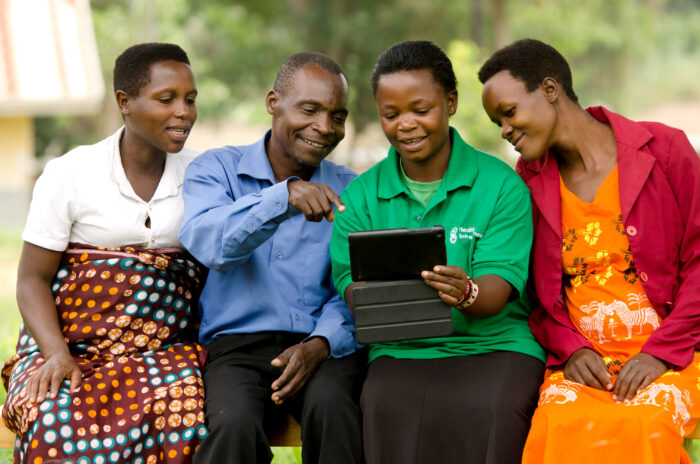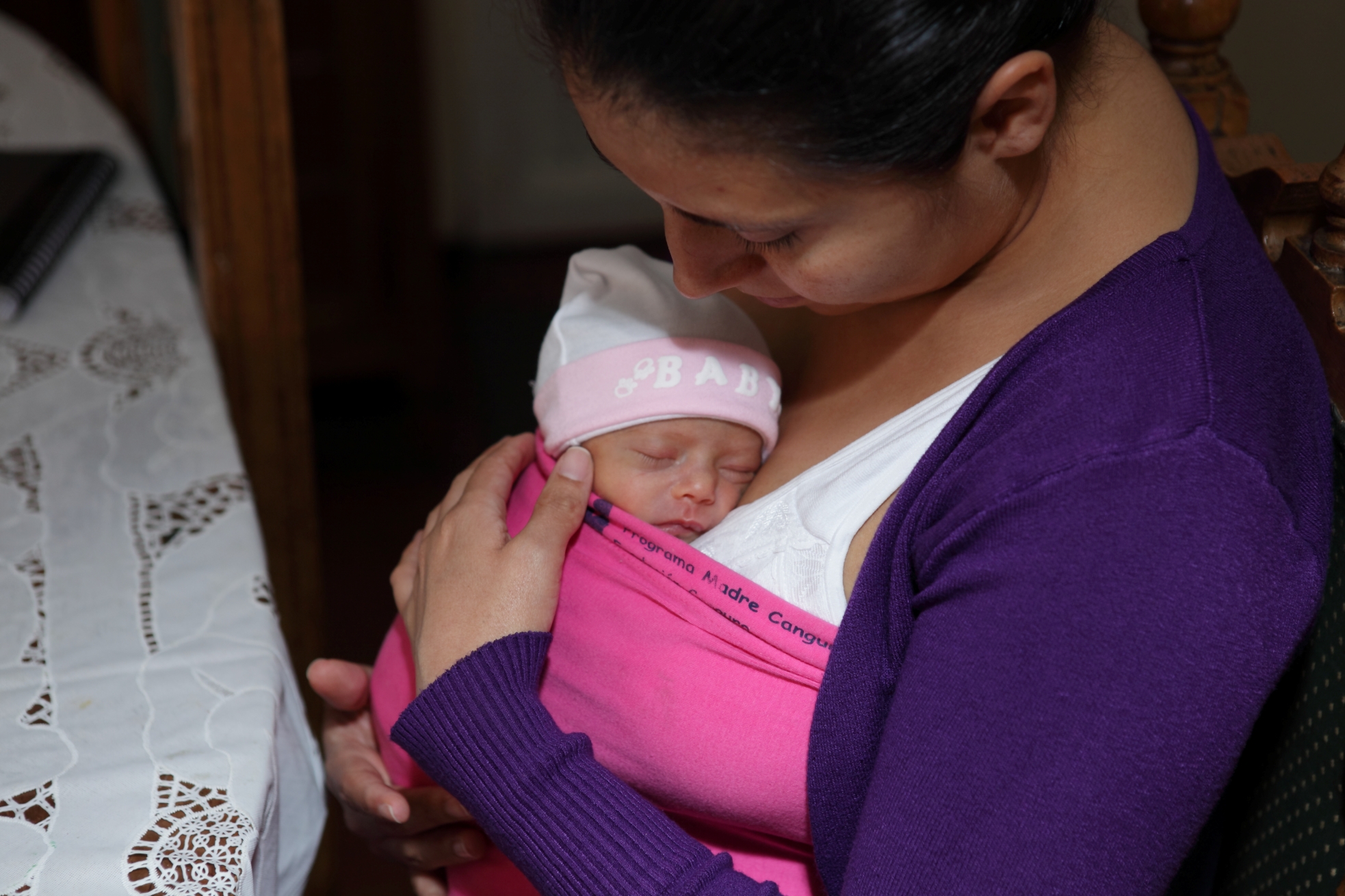In an effort to make progress towards better health outcomes for women living in the developing world, at Grand Challenges Canada we aim to tackle the barriers in women’s health through our three targeted challenges: Saving Lives at Birth, Saving Brains and Global Mental Health. As we approach the Women Deliver 2013, I wanted to take the chance to highlight each of these programs and how they aim to support women’s health globally.
Saving Brains
As many as 200 million children fail to reach their full developmental potential from exposure to risk factors – malnutrition, infection, poor management of pregnancy, birth complications, and lack of stimulation and nurturing–in the first 1,000 days of life. Such factors are not only exacerbated by poverty, gender also plays a substantive role. Women account for 70% of the world’s poor. The gender bias starts early and exists in all corners of the globe.
Recognizing this, our Saving Brains program aims to protect and nurture the developmental potential of children in their first 1,000 days, soliciting approaches that could unlock the potential of the next generation of children – and provide their countries with an exit strategy from poverty.
If the stage is set right, girls have the potential to live full lives through adolescence and into adulthood. We know investing in women and girls can have sustained effects on her family, her community, her country. For every extra year a girl stays in school, her income can increase by 15% to 25%. If 10% more girls go to school, a country’s GDP increases by an average of 3%. Investing in girls early on can have a huge impact on all of us.
With support from Saving Brains, a team at Aga Khan University, Pakistan led by Dr. Aisha Yousafzai and Dr. Jelena Obradović are testing if exposure to a home-based early child development intervention influences a family’s decision to enroll their daughter in preschool. Early results suggest the community perceives basic education as a right for girls and boys but further education of girls is a luxury.
Even when girls get this early start, it doesn’t guarantee a life lived healthily and happily. A lot of other barriers exist to be overcome. As women, we still face a long road ahead towards gender equity, and for many of us that means living with a low social status, often contributing to our disempowerment, experience of violence and chronic stress manifesting in common mental disorders.
The next and last post in this series will spotlight how the Global Mental Health program at Grand Challenges Canada addresses these issues.
Attending Women Deliver? Continue the conversation with us at booth 172 in the Women Deliver Exhibition Hall or on Twitter @yeekristen #WD2013.

